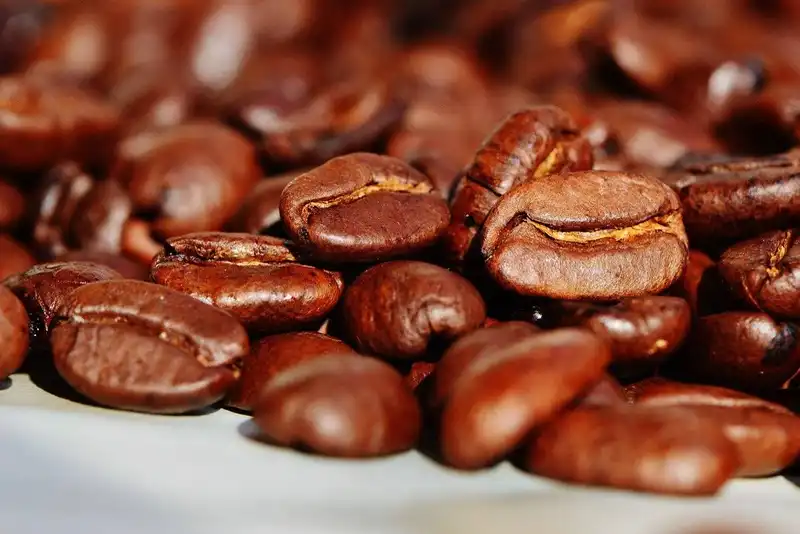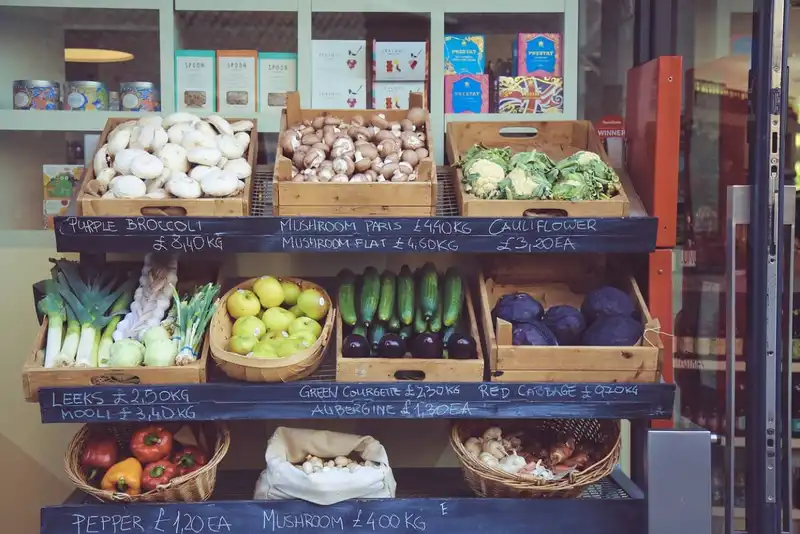How to Choose the Right Food Distributors
Different Types of Food Distributors
The job of a food distributor is to be the intermediary liaison between food manufacturers and food operations. They separate, ship, and store the food products from large volumes into smaller quantities. Most foodservice operators purchase on a weekly basis from food distributors that are either local or specialty in nature.
Foodservice distribution companies can be a small one-truck business or a large-scale, multi-conglomerate corporation. In the United States, the foodservice industry is spread wide. National companies like Sysco, US Foods, and Gold Star Foods make up the bulk of food distributors while the rest of the percentage goes to smaller, more regional companies.
4 Types of Distributors
- Broadline Distributors- They carry thousands of food products that any operation should need. Most of the items are to be sold in high-volume so they are packaged goods that with long shelf life. Broadline distributors are large organizations themselves and serve similar large markets. The bulk of their products are generic to apply to larger markets. Specialized or niche products aren't always available through a broad line distributor.
- Specialty Distributor- A specialty distributor has smaller categories available for whichever niche they are trying to fill. Specialty distributors have products available that broad-line distributors don't have. For example items from a specific region or very niche ingredients.
- Redistributor- Redistributors purchase items directly from producers rather than selling to foodservice operators. They break up the bulk for small niche distributors who are usually local. Redistributors cater to smaller, individually owned foodservice operations who don't require a high volume of products.
- Cash & Carry- The cash & carry model is considered a wholesaler rather than a distributor. They don't transport the the products. Rather, food service operators will go to the warehouse to purchase and pick-up their products on site. It's like a Costco or Sam's Club but for those in the restaurant supply businesses.
How Restaurants Choose the Food Distributors

Restaurant managers and others in the food service industry understand the importance of choosing the right food distributor. There are many things to consider when selecting suppliers. Price, reputation, food quality management, and more are all things that should be discussed. Here are a few more ideals to factor in when choosing the right food distributor.
1. Know the Details
Find the right distributor for the business begins with knowing what's needed. The manager in charge of choosing the supplier should know what the business itself well enough to decide on what needs to be delivered. Questions to ask are things like whether ingredients should be local or are the delivery dates flexible. These things should be decided in advance of choosing a distributor.
2. Know the Budget
Once the details are in place the budget comes into play. A distributor can't be decided on without first knowing how much of the budget can be spent. Overhead costs and profit margins should be considered here to avoid overspending.
3. Know the Prospective Supplier
A company's reputation precedes itself. So, before choosing a food distributor it's important to know the history of the supplier being considered. Before deciding to do business ask questions and even do research on their operations. Current or former clients are a great place to gather information. Going in blind could be a problem down the line.
How the prospective distributor handles food safety is of utmost importance. If their approach is lackluster and something like an outbreak occurs it can fall back on the business. Safeguard the business operations by asking to see evidence of food safety certificates and accreditation.
5. Communicate the Story
When speaking with potential food service suppliers it's imperative to communicate clearly what the story of the business is. This way, they can connect with what is needed on their end to propel that story into continued success. Knowing the business goals, mission statement, and future development is helpful in trying to find a food distributor to partner with.
Conclusion to Food Service Distributors

- Food distributors are the go-between for food manufacturers and food operations.
- Restaurant managers look at the price, business reputation, accreditation and food quality management of prospective food distributor.
- Food distributors store large volume food items until they are meant to be shipped out to retailers.
- The relationship between food distributors and restaurant managers is paramount to success for both sides.





